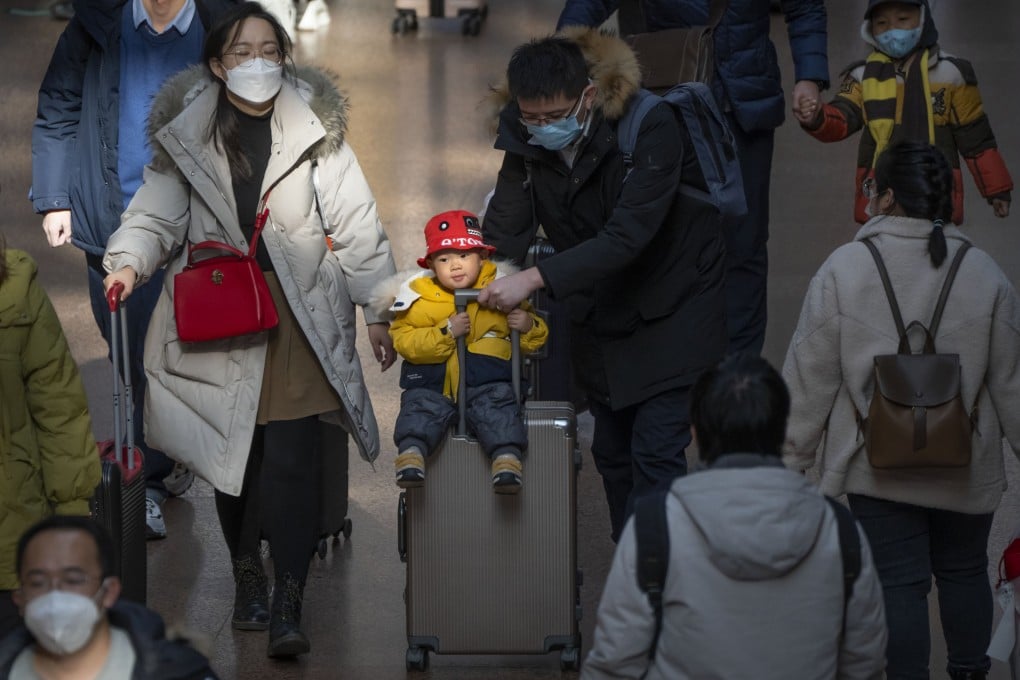Advertisement
Opinion | China must solve its population crisis, but not by government diktat
- Simply raising the number of children a couple is allowed to have will not change the fact many young Chinese don’t want to have children, and policies that seek to encourage birth must rely on persuasion, not force
Reading Time:3 minutes
Why you can trust SCMP
13

Most likely, 2021 will go down in history as the year China last saw population growth. Only 9.56 million people were born on the mainland last year while 10.41 million people died, China’s National Bureau of Statistics recently announced. This demographic shift has happened much sooner than predicted.
To encourage more births, China first dropped its notorious one-child policy in 2016, but it didn’t work. In 2021, the authorities allowed couples to have up to three children, but I doubt this revision will reverse the fact that an increasing number of young Chinese simply don’t want to have children.
China’s fertility rate in 2021 stood at 1.15, well below the 2.1 replacement rate. First of all, let’s take a look at the reasons behind the trend. Many who reject parenthood cite financial reasons, with housing and child-rearing being forbiddingly expensive these days.
In fact, the cost is only part of the story. When a country becomes rich, the family size tends to shrink. In China’s case, it was further hit by the one-child policy, introduced in 1980, which led to profound changes in society. To start with, it has irreversibly changed the Chinese views of childbearing. Having one child or no children has become the social norm.
This radical social experiment has also generated some unintended consequences. Because of the policy, most families placed their resources on educating their single child, whether a girl or a boy. As a result, a large number of Chinese women started to attend university. Once they became well-educated with well-paying jobs, they were less keen to have children.
I know plenty of such women. Many of them belong to Generation Z, the product of the one-child policy. In China, they are often accused of being self-centred and unwilling to care for others as much as their mothers did.
Advertisement
